When Seattle writer Timothy Egan began writing about the rise of the Ku Klux Klan in America, he didn’t have to drive too far south of town to begin his story.
“I don't know how many of you knew it, but exactly 100 years ago this decade, Oregon elected a clan sympathetic governor. His name was Walter Pierce. And they essentially outlawed by public vote Catholic schools. Now why would they outlaw Catholic schools? It was because mostly immigrants went to those Catholic schools and they thought if we take away the school, we can take away the social fiber.
Italian Americans, Irish America, German Americans. Right? Oregon had more members of this oldest domestic terror group per capita than any state but Indiana. So you had a dentist from La Grande, Oregon. There was a lot of dentists in the Klan for some reason who were leading the Ku Klux klan.
You had 4th of July day parades where they had K kiddies dress up in the hoods and go down the middle of Main street in small town Oregon. You had Astoria, a place that I love, elected a clan mayor.“
Timothy Egan was interviewed here in Portland on Oregon Public Broadcasting about his new book titled “A Fever in the Heartland”, which tells the story of the rise of the KKK in the 1920s.
“So I was going to do this piece about how my beloved Oregon, which we think of as such a woke state, was really, you know, its founding was, its DNA was white supremacy. I mean, the Oregon Constitution in 1840s and 50s made it illegal for blacks to live in this state. That's why my state, Washington state, got the benefit from that. People voted by 8 to 1 margin in 1855 for the Oregon Constitution to not allow blacks to live here.
If you lived here more than three years, you'd be subject to a whipping. So the DNA was there.“
The Ku Klux Klan was founded by former Confederate soldiers after the Civil War, It had all but faded from existence in the U.S. Then, in 1915, a second Klan was founded in Georgia, and soon spread across the country. The new founder was a man named, DC Stevenson.
“DC Stevenson is an American character. He's a con man. He's a charlatan. He's a drifter. He says things that people want to hear.
He ditched his wife and kid. He roamed from town to town selling, you know, anything he could try to sell. And then in 1921, in southern Indiana, he found something that would make him rich. What was it? It was the Klan.
It was hatred. So this guy with a really good gift of gab, this guy who really knew how to make people think, your problems are not because you're a screw up. Your problems are because of these immigrants. Your problems are because of these blacks moving to the north from the south, which we were doing during the Great Migration. Your problems are because of these women.
Like my grandmother in the 1920s. They were flappers. They were socially liberated women who went into these underground bars during Prohibition and listened to black jazz. And that was a threat to the moral fiber of society.
He packaged this whole thing, and he went from town to town. And he had a real simple way of doing it. First, he would bribe the Protestant minister. Now, remember, they hated Catholics, so they played on the Protestants. And this was an easy sell.
Give him like 100 bucks, which today is about, you know, $2,000. And then the minister would preach the word of hatred from his pulpit on Sunday. Then he had a little militia group, a little, you know, unlicensed pseudo sheriffs, wannabe cops who would go break up speakeasies where women like my granny were dancing to jazz.“
Yes, Timothy Egan is very much aware of how his story of the rise of the Klan parallels what’s happening in America today.
“Duh. While doing this thing, I could see all kinds of resonance to today. I could. Oh, the echoes of time. I mean, even the slogans were the same.
I won't name names, but I think it's pretty obvious the people and types that I'm talking about. And you see this running through our history all the time. And my thought was that if you held a press conference in downtown Portland like they did on 100 years ago, and I have a picture in the book, you should look it up, of the mayor, the chief of police of Portland, and some other big wig standing at a chamber of commerce lunch with a bunch of dudes in hoods and saying, chamber welcomes clan discusses future. You know, it's like they're there. Here's the power structure.”
“If you did that today, you would be run out of town. But you can say some of the same things without the robe, without the organization behind you. Because a lot of the things that are being said today by some of our harder elements of our society are almost word for word. But what the Klan said, how much of our history, which we're uncomfortable with, are we willing to discuss?
And that's what happens, is that, you know, it's just, yeah, you'd rather talk about all the triumphs. And I think the triumphs should be celebrated. I love talking about the triumphs. A lot of my books are about American triumphs and the American experiment.
But you can't understand how great those triumphs are if you don't understand also the bad things. That's what makes us stronger, is to understand the duality. We're human beings. Human beings are good and bad. We have good and bad.
We're complicated people.”
We can only hope that this instance of history repeating itself will find a way to end well. What we must do this time is learn from it so that can happen.
Music out:
I'm empty and aching and I don't know why
Counting the cars on the New Jersey Turnpike
They've all come to look for America
All come to look for America
All come to look for America
My thanks to Oregon Public Broadcasting for allowing me to share a portion of the Timothy Egan interview. You can find the full recording at OPB’s website.
I’m Mike Turner
Thank you for listening.


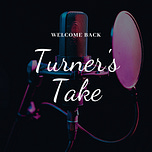

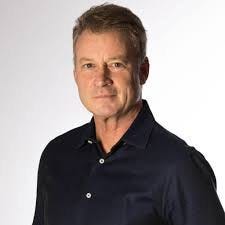
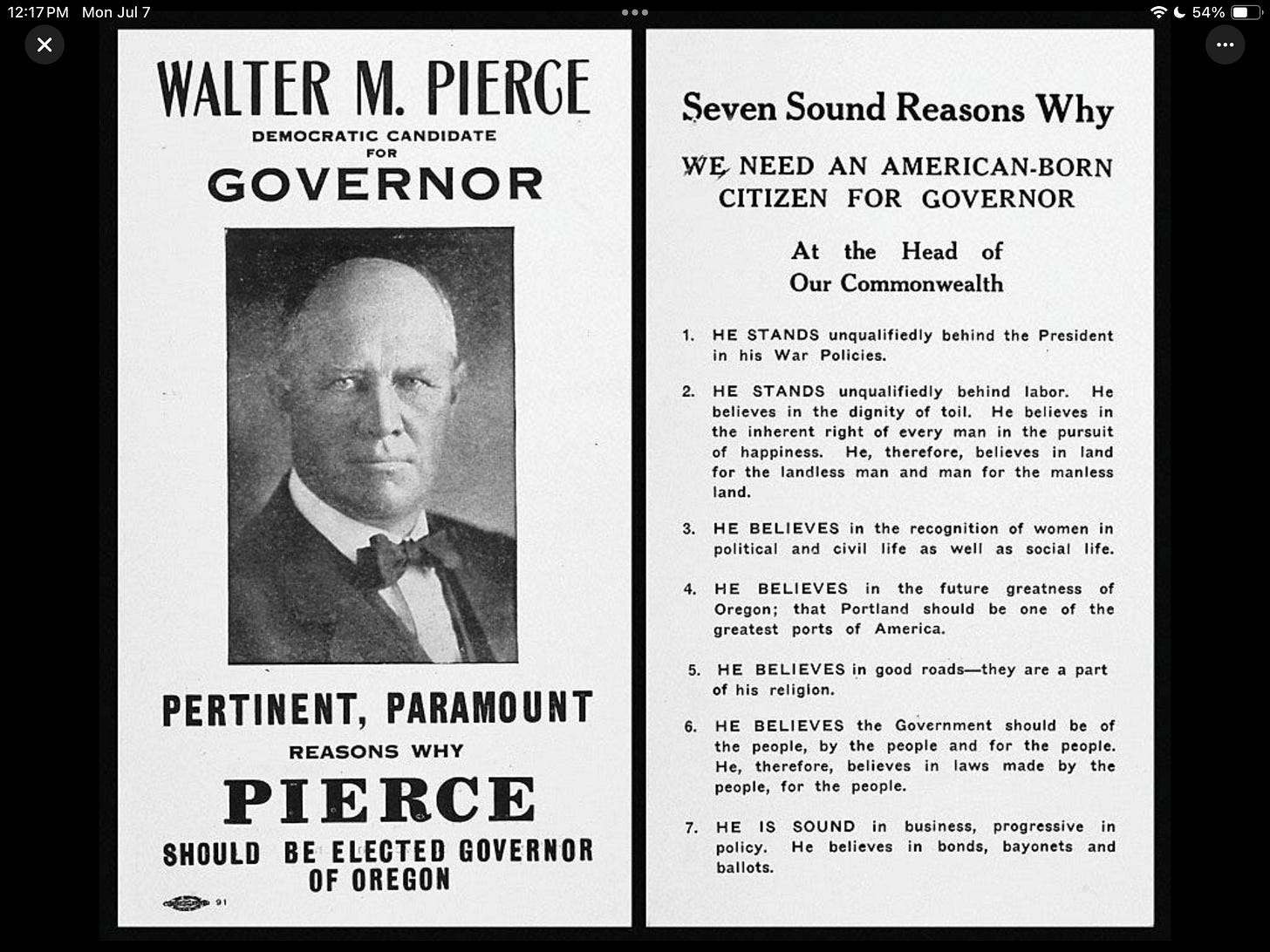
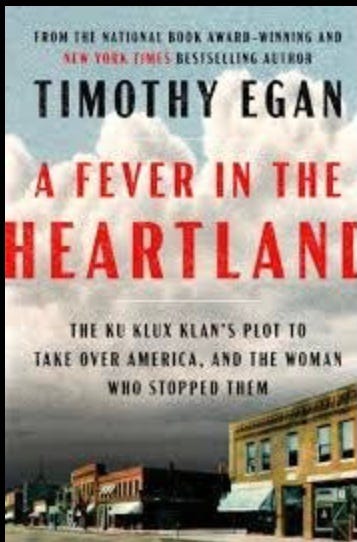
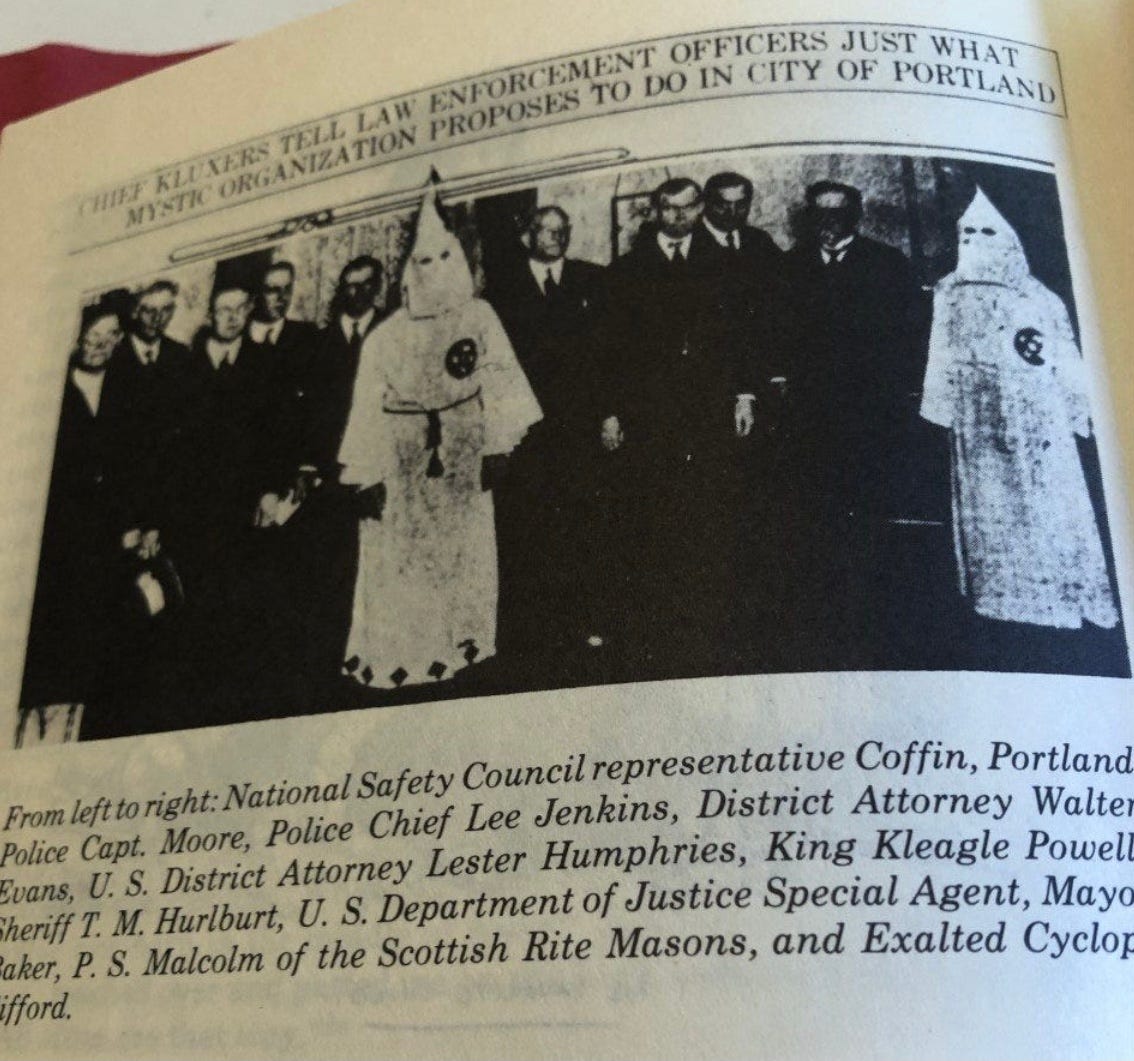






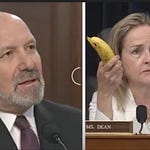

Share this post